This story originally appeared in i-D’s The Ultra! Issue, no. 369, Fall 2022. Order your copy here.
How can fashion brands – typically organisations geared towards profit maximisation – work to improve the planet’s health? Answers to this question often include initiatives like setting up emissions offsetting schemes, creating collections using upcycled and recycled materials, or donating a proportion of profits towards well-positioned NGOs. But, well- intentioned as these gestures may be, these ‘solutions’ often feel more like attempts to assuage corporate guilt: slapdash responses to a question that is, when you really contemplate it, fundamentally oxymoronic.
Still, that’s not to say that there aren’t brands out there making a convincing case that it is possible for them to build their businesses with environmental regeneration at the centre. Among the most striking examples is Amsterdam-based Botter, founded by Rushemy Botter and Lisi Herrebrugh in 2016 with the aim to draw attention to the plight of the world’s oceans.
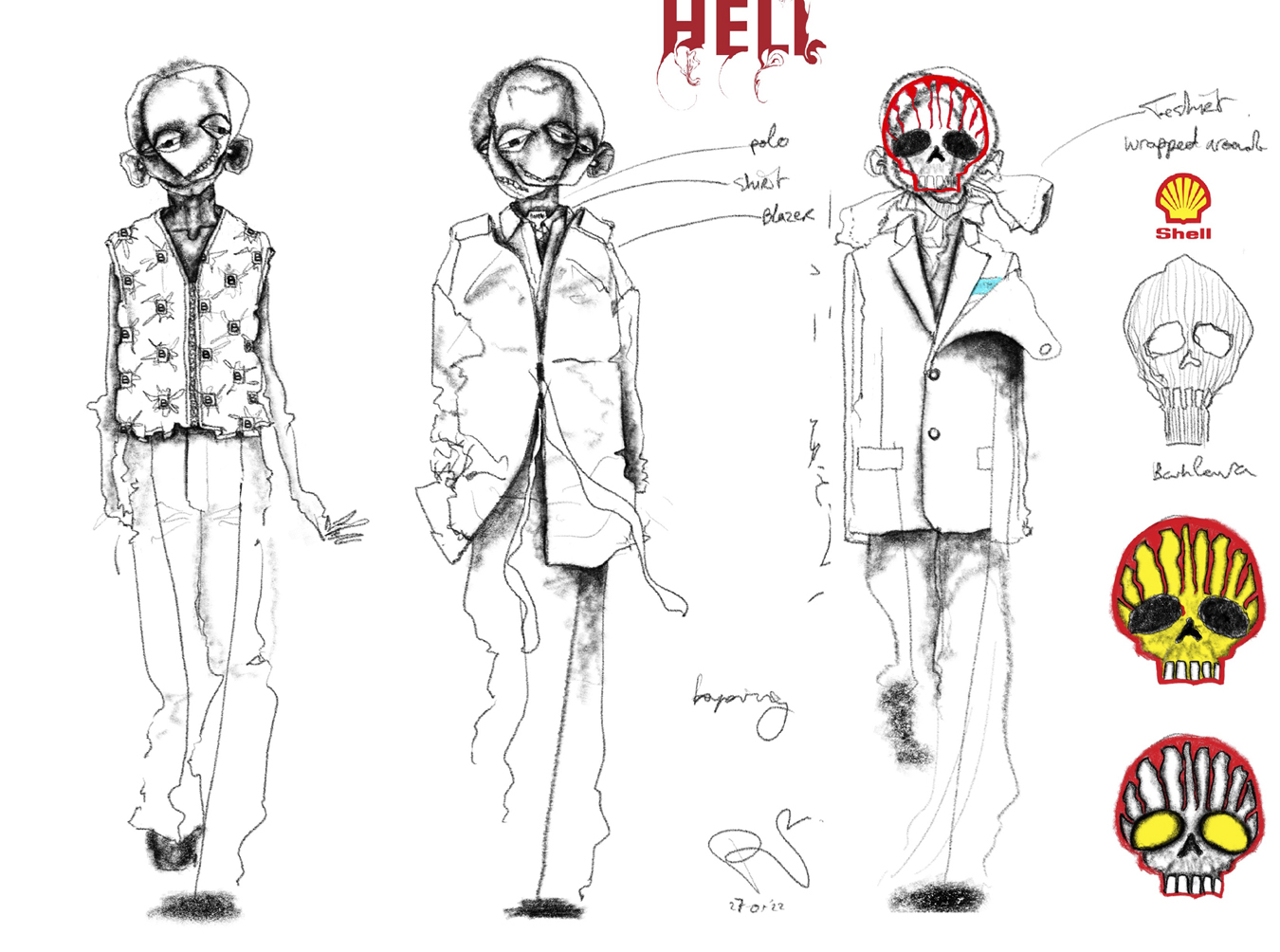
With family ties to the Caribbean (Curaçao and the Dominican Republic respectively), the pair’s creative vision has placed the cultures of the archipelago – and the fundamental importance of the ocean within them – at the heart of their creative practice. The Grand Prize-winning collection they presented at the 2018 Hyères International Festival of Fashion and Photography clearly articulated a vision rooted in impeccable garment design – particularly where the subtly deconstructed, generous tailoring was concerned – and the ability to use eccentric aesthetic gestures to draw attention to their cause. Then, inflatable toys and plastic fishnets were strewn about the looks: the same detritus that pollutes the shorelines of the islands the designers call home.
The precision and conviction of their mission has only increased over time, alongside the sort of industry recognition most designers would only dream of just five years into setting up shop. Between 2019 and early 2022, alongside their work at Botter, Rushemy and Lisi served as the creative directors of Nina Ricci – and just this year, only weeks before we spoke to them, they took home the prestigious ANDAM Grand Prize, incontestably one of fashion’s most prestigious, bringing with it a €300,000 windfall.
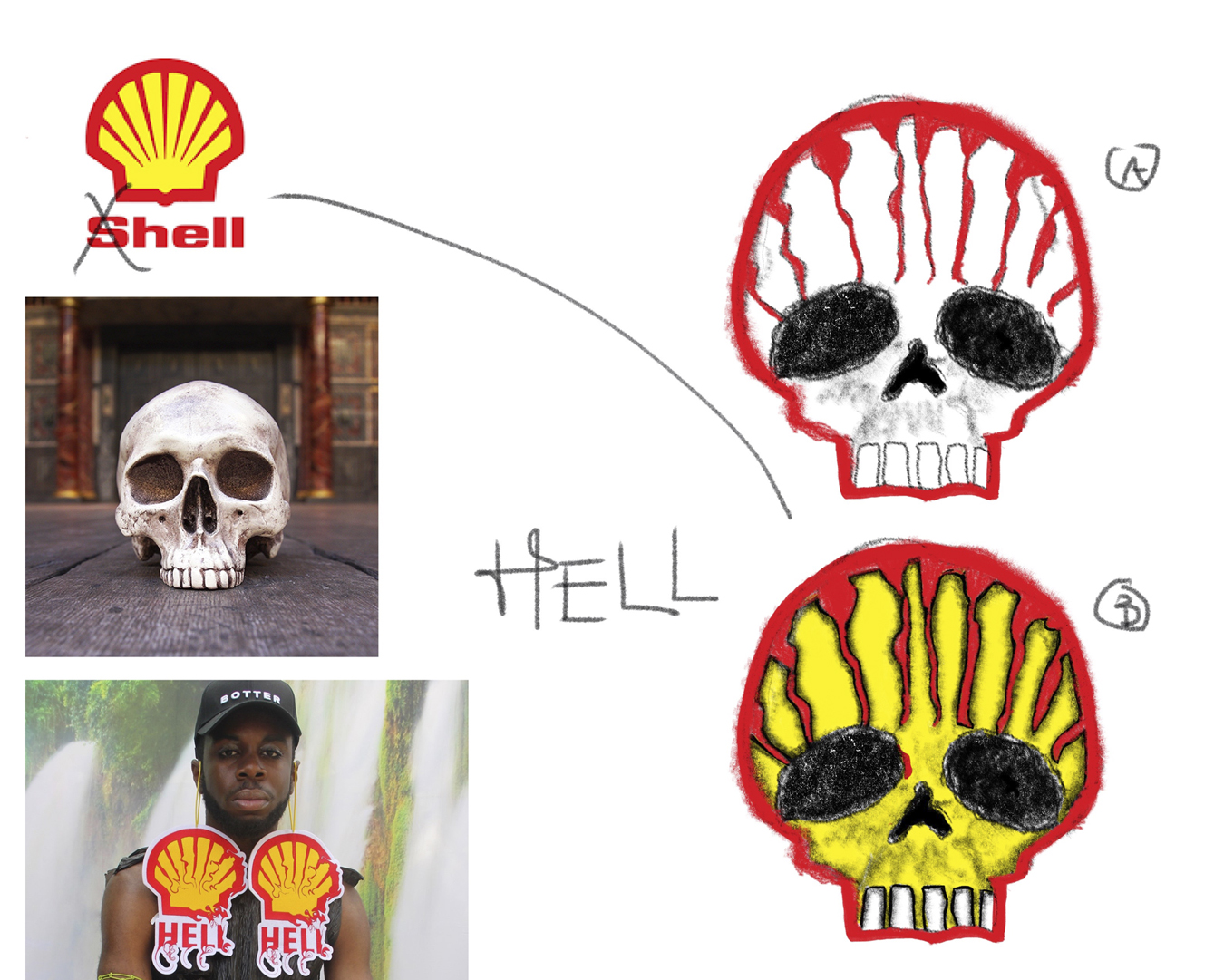
While these accolades are justified by the technical mastery evident in the impeccable blazers featuring twist locks lifted from diving suits and trompe l’oeil tops seemingly draped from trousers, that’s not all that sets the brand apart. “What we do has always been fuelled by a really strong sustainable consciousness,” Lisi says. “It’s not only about aesthetics, but it’s also about giving back to nature, being very vocal about environmental issues, and implementing circular ways of working both within and outside the company.”
Perhaps the most striking example of this is the non-profit coral nursery that the pair founded in the early days of the pandemic, working with a local diving company to establish a patch of the seafloor off the coast of Curaçao dedicated to the rehabilitation of the island’s beleaguered reefs. “It’s been a dream of ours for some time,” Rushemy says, “and the pandemic really gave us the time to sit down and put our plans into action.”
“What we do has always been fuelled by a really strong sustainable consciousness. It’s not only about aesthetics, but it’s also about giving back to nature.” Lisi Herrebrugh
More than a passion project, though, Lisi and Rushemy were insistent on “making the project part of our business infrastructure,” Lisi says, noting how, since its inception, a percentage of the profits generated by each Botter sale now goes towards sustaining and growing the coral nursery. “We wanted to create a way for our consumers to engage with this non-profit organisation in a way that wasn’t just about donating,” she continues, “to ensure that if you like Botter, and want to buy the garments, you’re automatically already doing something.”
Under assault from a cruel combination of pollution dumped from tourist boats, clumsy divers and rising sea temperatures, direct action has never been more necessary: the island’s reefs are dying off at an unprecedented rate. “The situation is increasingly grave, and the damage is already making itself felt in terms of the biodiversity of the fish around the island,” Lisi says, highlighting the reefs’ status as the ocean’s nurseries, and the severeknock on effect that their demise has on food chains throughout. “In some areas, there are none at all,” she ominously concludes.
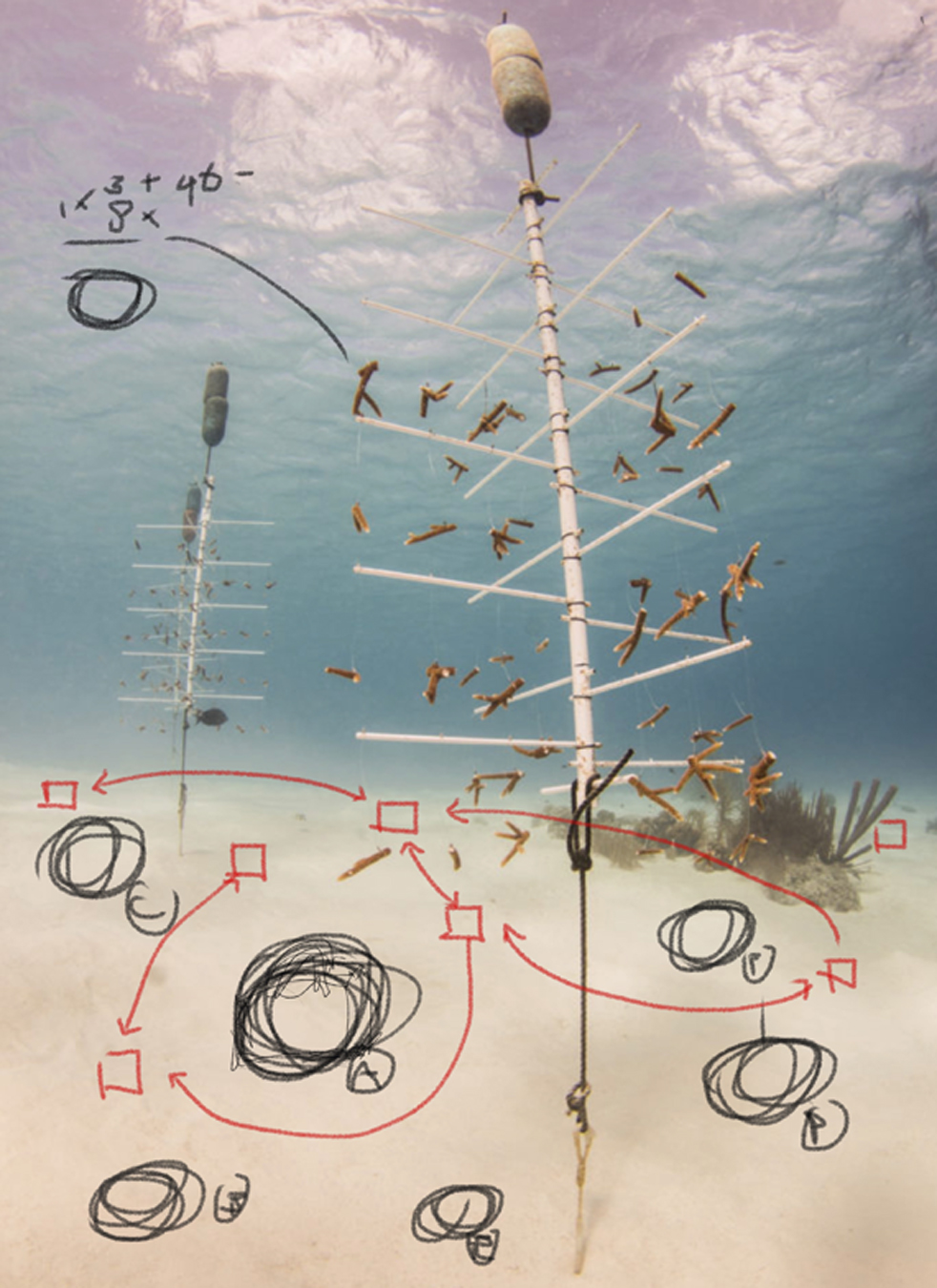
As such, a key feature of the project has been to extend beyond solely focussing on the oceans, and directly engaging with the communities that rely on them. “We’re really keen to involve the locals, too, and really teach them about the island and the importance of preserving its ecosystems,” Rushemy says. “We want to clearly show them how they can help in minimising damage to the coral reefs, and also make them aware of how the island is really affected by it,” noting how the absence of their barrier-like function puts the island at particularly high risks of life-threatening storm surges during the annual hurricane season. “It may sound a bit anthropocentric, but humans need to understand that the survival of the coral reefs is tied to our own.”
Though the project first got on its feet just two years ago, they’ve already won major institutional support – and not just in fashion. “We’re now in conversation with the government of Curaçao,” Rushemy says. “It’s getting to a stage we’re really excited about. It’s not only about making garments– it’s much more than that – and that’s the most interesting part for us.”
“It may sound a bit anthropocentric, but humans need to understand that the survival of the coral reefs is tied to our own.” Rushemy Botter
Of course, garments remain the engine of their business and there is no shortage of innovation here, too. Since AW21, Botter has collaborated with Parley for the Oceans, creating a significant proportion of their collections using materials regenerated from salvaged ocean plastics – everything from crisp tailoring ‘wools’ to diaphanous ‘silk’ chiffons. And over the past few seasons, they’ve been seeking collaborations beyond the fashion industry, working to connect the dots between disparate players to create their own biomaterials. “It’s been quite a long process,” Lisi says, “You have to link a lot of people who weren’t previously linked to one another. Looking into how proteins can be turned into yarns, for example, entails making the connection between biologists and mills, which can be very complicated.”
Still, those complications have inspired rather than inhibited the duo, and they’re due to show their first garments created using self-pioneered materials in their SS23 collection. “To be honest, these are the collaborations that excite us the most,” Rushemy says. “We’re working with bio researchers, engineers and even TU Delft, which is the Netherlands’ foremost technical university.” It’s a way of working that clearly speaks to the ethos that drives the label forward – the belief that fashion is but a part of a global ecosystem, rather than an industry that exists solely on its own terms. “That’s what feels really modern to us,” Rushemy says. “We want to be collaborating with these kinds of people, and collaborating with nature.”
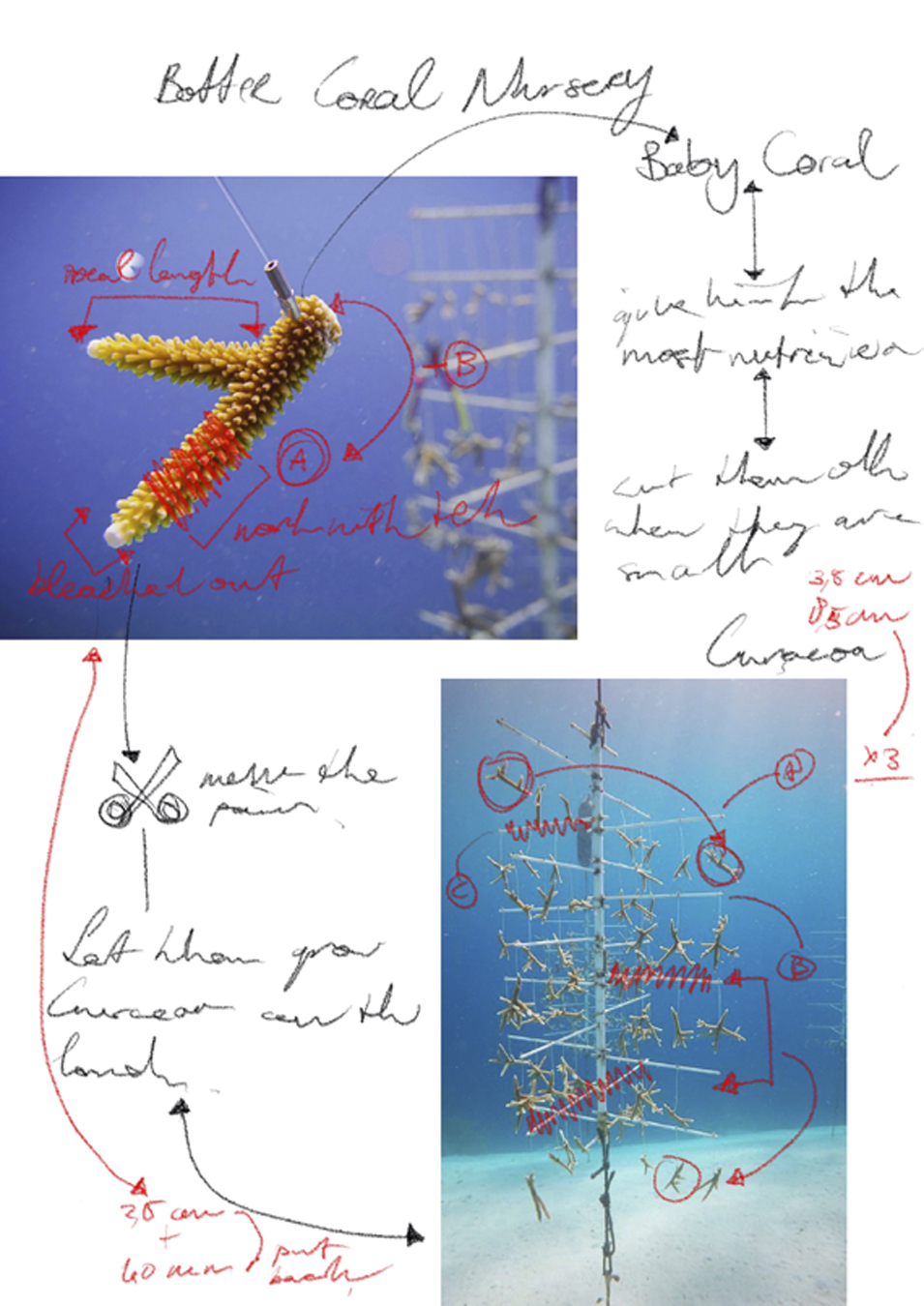
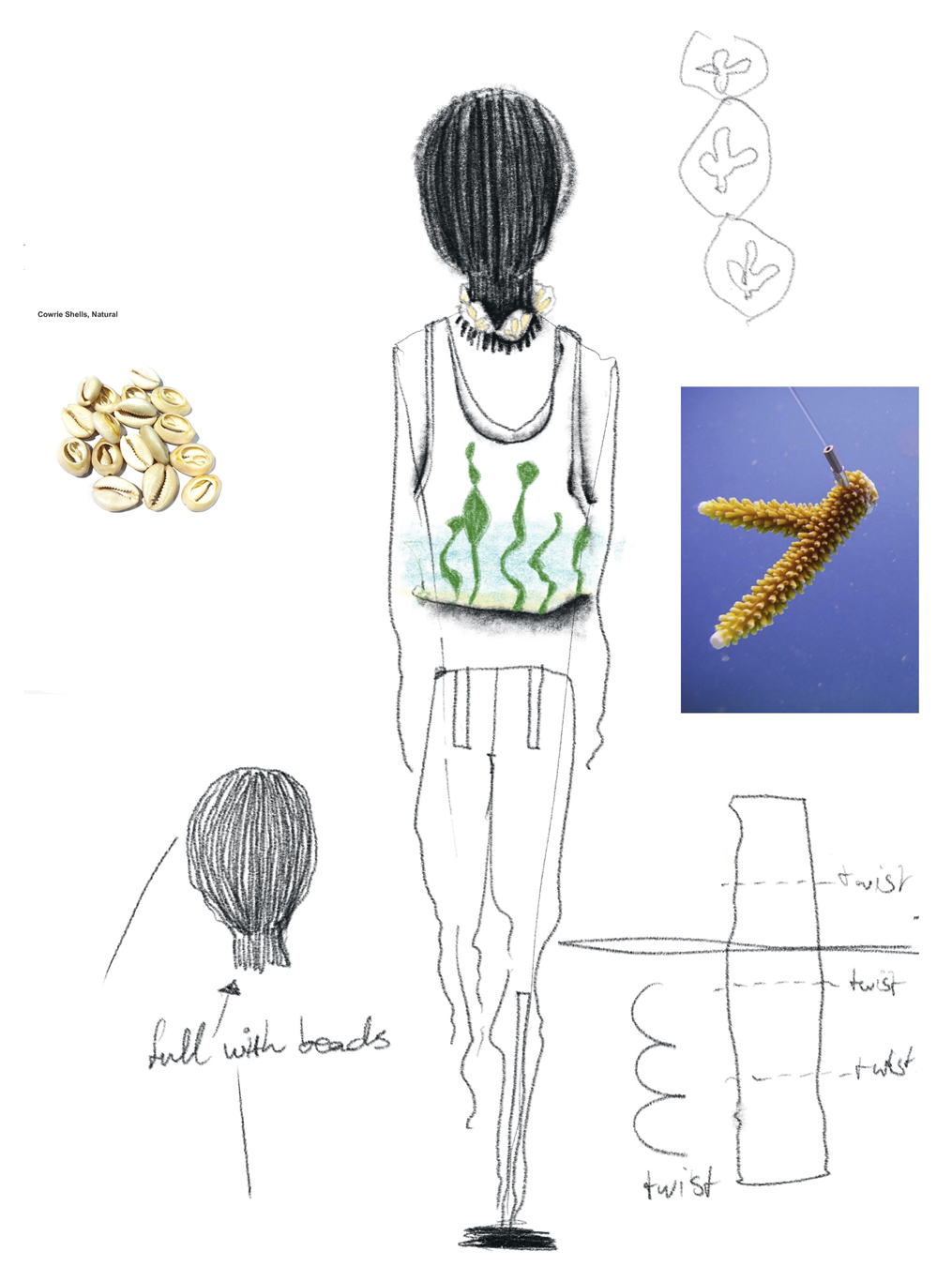
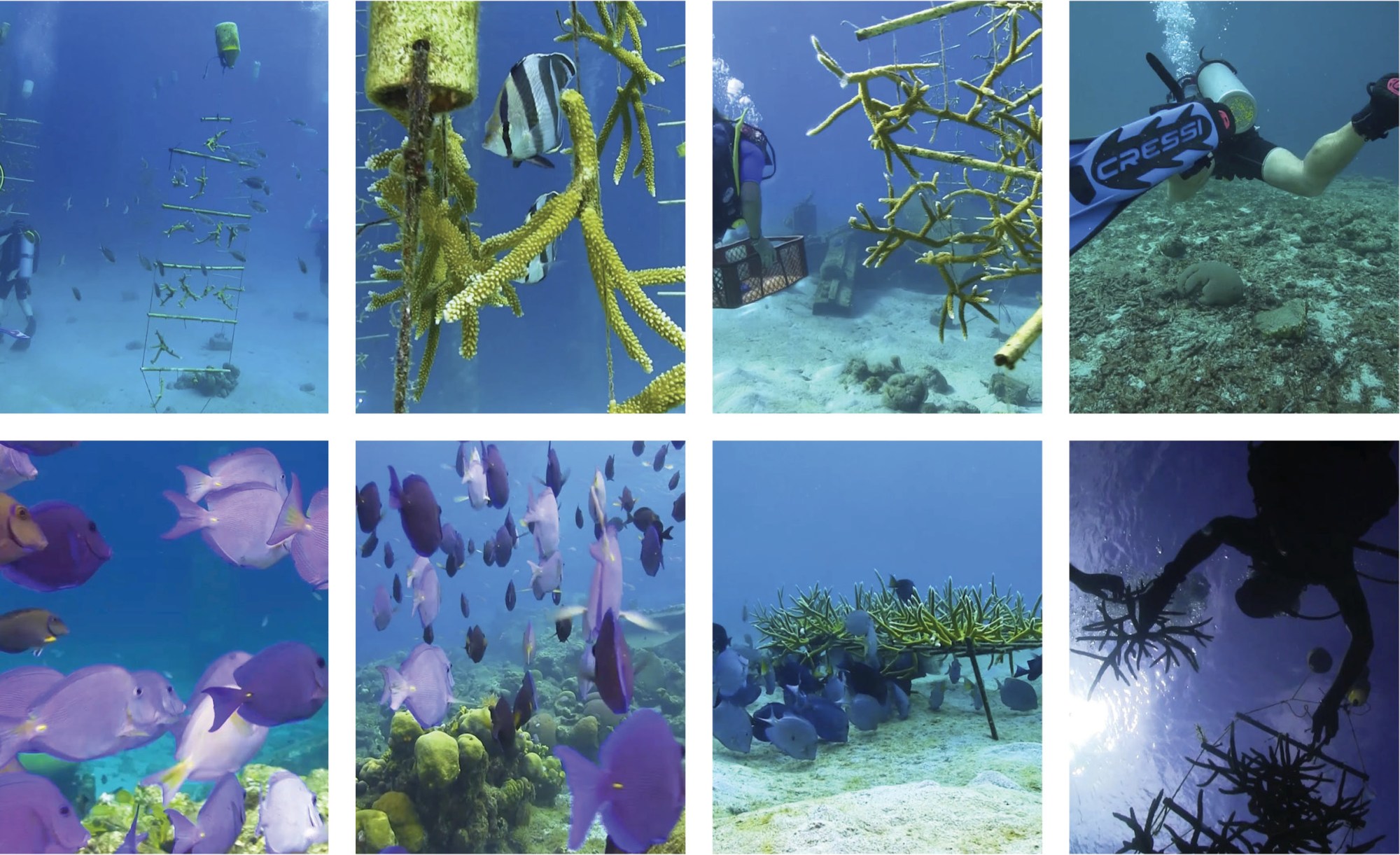
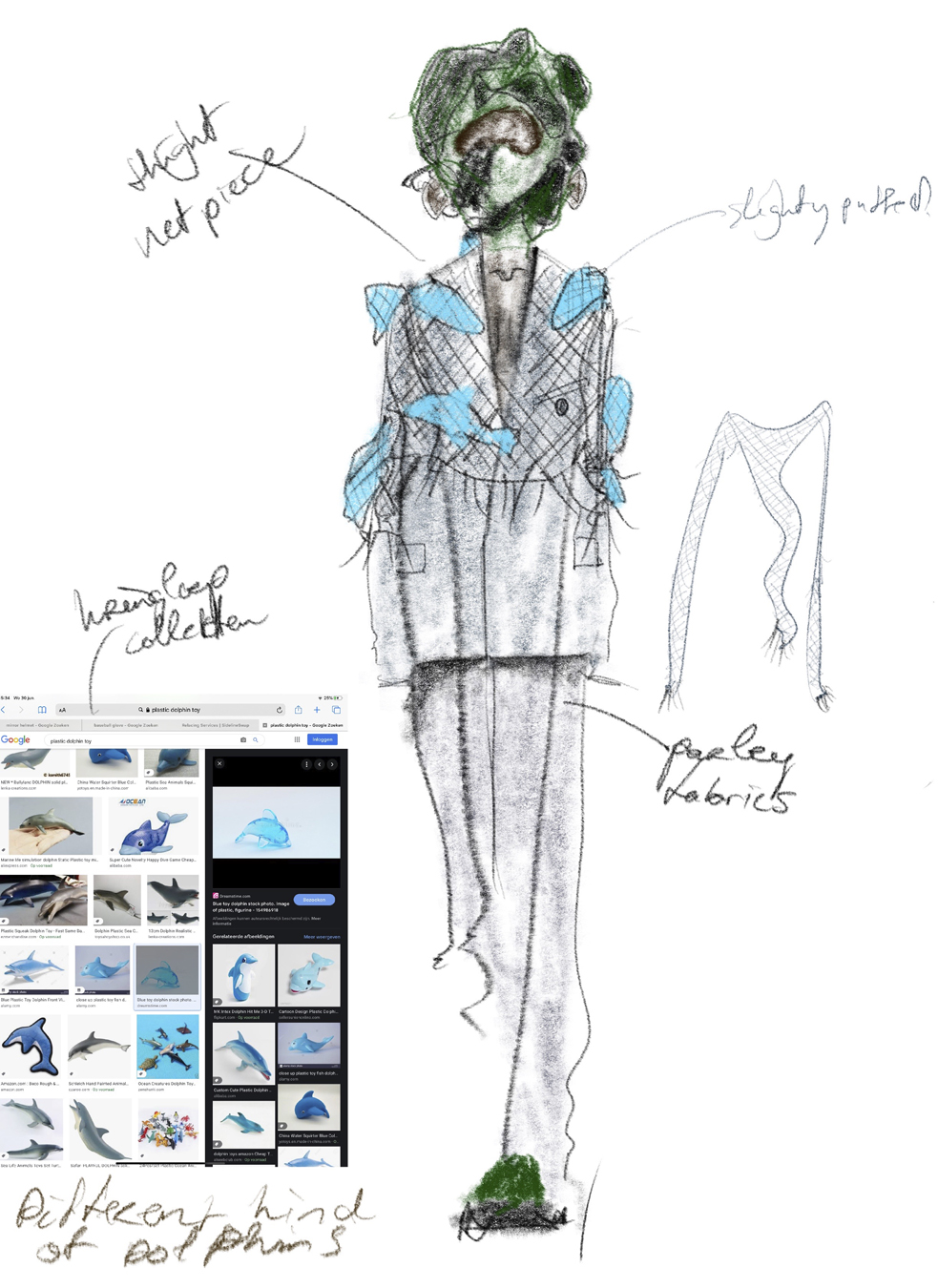
Follow i-D on Instagram and TikTok for more from the new issue.


